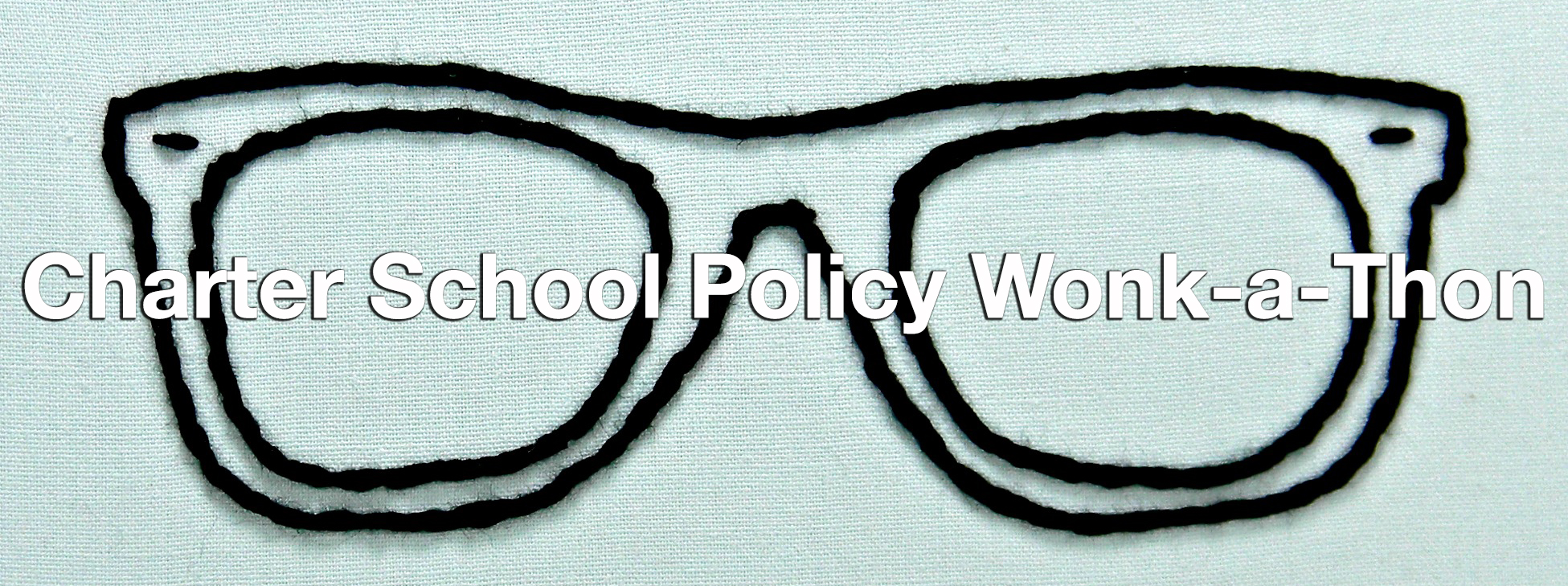 It strikes us at the Thomas B. Fordham Institute that the CREDO studies of the last few years provide pretty good evidence of what we’ve always suspected: charters in some cities and states are performing much better than their traditional district counterparts, at least as measured by value-added on standardized tests, while others are performing worse. (At the top of the performance heap are charters in Boston, New Orleans, Rhode Island, and D.C.; at the bottom are charters in Nevada, Pennsylvania, Oregon, Ohio, and Texas.)
It strikes us at the Thomas B. Fordham Institute that the CREDO studies of the last few years provide pretty good evidence of what we’ve always suspected: charters in some cities and states are performing much better than their traditional district counterparts, at least as measured by value-added on standardized tests, while others are performing worse. (At the top of the performance heap are charters in Boston, New Orleans, Rhode Island, and D.C.; at the bottom are charters in Nevada, Pennsylvania, Oregon, Ohio, and Texas.)
The question is, why?
This is hardly hypothetical; for reformers in real places (like our team in Dayton, Ohio), the question of how to create a high-quality charter sector is at the heart of our work. While we understand that nobody can claim definitively (with causal evidence) which policies and practices explain the relatively high or low performance of charter sectors in different cities and states, we still think it’s worth trying to collect some wisdom based on the best available data.
To that end, we have asked a number of prominent scholars, practitioners, and policy analysts to take a stab at explaining why some charter sectors outpace their local district schools while others are falling behind. Possible explanations include the following:
- Cities and states with caps (now or in the past) tend to have higher-performing charters because authorizers were more careful in handing out charters.
- Cities and states with a few, thoughtful authorizers do better because of the work of said authorizers.
- It’s all about the quality of the charter law, as measured by the National Alliance for Public Charter Schools (NAPCS) or the Center for Education Reform (CER).
- Show me the money: high-quality charter sectors get ample per pupil dollars and/or facilities financing.
- It’s about talent: high-performing charter sectors are lucky to be in cities and states with lots of young college grads from prestigious schools.
- Blame the for-profits: states and cities with high concentrations of for-profit EMOs do worse.
- Blame the online charters: they are skewing the results downward in a few cities and states.
- Blame the suburbs: states with more suburban charter schools do worse because those schools tend to be progressive and not so concerned about test scores.
- It’s all about demographics: the sectors with higher performance are merely “cream-skimming” more than other sectors.
- It has nothing to do with charters: CREDO only shows us how charters are doing in comparison to district schools, while some states and cities have much worse district schools than others.
We’ve asked our wonks to weigh in with their explanations by the end of this week, which we’ll then post on Flypaper. If you’d like to take a stab, send in your submission this week, too (to ptatz at edexcellence.net). If you make a strong argument, we’ll publish it. We’ll ask you, our readers, to decide which explanation(s) are most compelling.
To aid in your analysis, we’ve summarized the CREDO results for individual states and cities. You might also peruse the following information:
- The latest ranking of state charter laws by NAPCS
- The latest ranking of state charter laws by CER
- NACSA’s annual report on charter-school authorizing
- The latest data on charter-school spending, from the University of Arkansas
- The latest NAEP TUDA results
May the best wonk win!
***
Submissions:
- “Boston’s high-quality charters make no excuses,” by Michael Goldstein
- “Building a great city charter sector,” by Andy Smarick
- "Strong standards, political air cover, and talent: Exporting the success of Boston’s charter school sector," by Jim Peyser
- "Thoughts on why some charter sectors outpace their local district schools while others are falling behind," by Jed Wallace and Elizabeth Robitaille
- "The California charter school paradox" by Greg Richmond
- "Charter school quality: Policy matters, but so does implementation," by Robin Lake
- "To achieve a strong charter sector, start with supportive laws," by Todd Ziebarth
- "The interdependence of strong authorizers and great school operators," by Alex Medler
- "Why we are betting on Washington State charters," by Marta Reyes Newberry and Terry Ryan
- "Schools educate kids; movements don’t," by Joe Siedlecki
- "‘More’ is the operative word for building a high-quality charter sector," by Kara Kerwin


